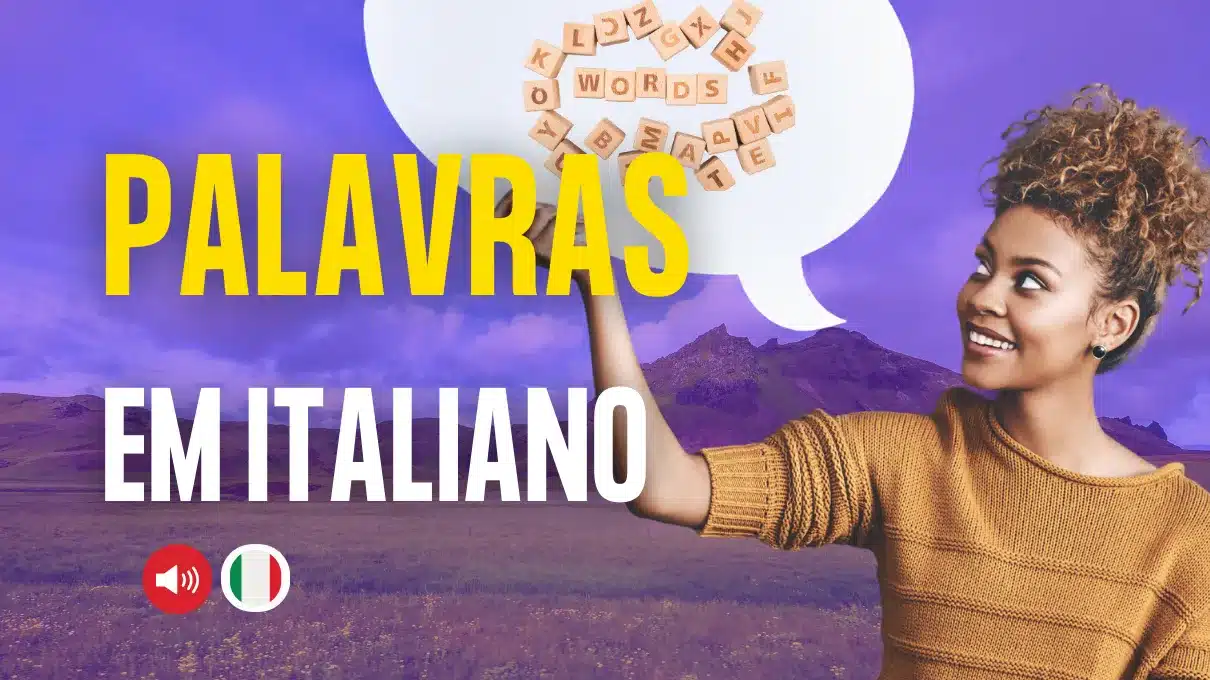Fluency News #35

Aprimore seu inglês escutando as principais notícias do mundo da semana.
Navegue pelo conteúdo
Hello, everyone!
Sejam bem-vindos e bem-vindas a mais um episódio da nossa nova série de podcasts, o Fluency News! Aqui, você vai poder treinar a sua escuta e ficar por dentro do que está acontecendo no mundo, sempre com as três principais notícias da semana, tudo em inglês! Ao longo do episódio, nós também adicionamos explicações em português das coisas que achamos que precisam de mais atenção, assim você não perde nenhum detalhe!
Nesta semana, falamos sobre a situação da Índia com o Covid-19 e o que aconteceu desde a semana passada, a nova controvérsia do Facebook e o tiroteio em uma escola na Rússia. Nós também falamos de algumas notícias boas referentes à pandemia.
Temos uma página de dicas de inglês no Instagram, vá conferir! @fluencytvingles
Toda semana, temos um novo episódio do Fluency News, não deixe de escutar! See you!
Este episódio foi escrito por Lívia Pond.
Transcrição do episódio:
What is up, everyone! Welcome to episode 35 of Fluency News, Fluency Academy’s news podcast! I’m Scott Lowe, one of your English teachers and host! It’s awesome to have you with me to improve your listening and comprehension skills.
Before we jump into to this week’s news stories and possible explanations, let me just remind you to go to fluency.io to see the transcript of this episode, along with all of our sources.
Alright, let’s get informed! We start this week’s episode with an update of sorts to last week’s India story. There have been more developments, so let’s see what’s happening.
The World Health Organization (WHO) has classified the coronavirus variant first found in India as a “variant of global concern”, indicating that it’s become a global health threat.
The variant, known as B.1.617, spreads more easily than others and has been found in over 30 countries so far. It is being studied to establish whether it is responsible for a deadly surge in India, which is currently overwhelming hospitals and crematoriums.
India reported 366,161 new infections and 3,754 deaths on Monday, May 10th, down from record peaks. Experts say the actual figures could be far higher than reported.
Maria Van Kerkhove, the WHO’s technical lead for Covid-19, said the agency will provide more details in its weekly situation report on the pandemic, and that studies still need to be made to further understand the variant and its significance.
Van Kerkhove also said there’s no indicative that the variant will evade the vaccine, and so, the shots are still considered effective.
“What it means for anybody at home is any of the SARS-CoV-2 viruses circulating can infect you and spread and everything in that sense is of concern,” she said Monday. “So, all of us at home, no matter where we live, no matter what virus is circulating, we need to make sure that we take all of the measures at hand to prevent ourselves from getting sick.”
The WHO said last week it was closely following at least 10 coronavirus variants across the world. Three of the variants from the UK, South Africa and Brazil have received the same designation as the B.1.617.
India’s Prime Minister Narendra Modi’s government is coming under increasing pressure to announce a nationwide lockdown and stop the spread of the virus.
He is also facing criticism for allowing massive gatherings at Hindu festivals and election rallies to go ahead despite rising cases.
More than 860 medics have died in India since the COVID-19 pandemic began, 116 of them in less than a month during the ongoing second wave, according to the head of the Indian Medical Association.
Over the past few weeks, hospitals have seen a dramatic rise in caseloads, which has led to a massive shortage of beds, medicine and oxygen supplies, putting health-care workers under tremendous pressure and heightened risk.
The doctors are also fighting popular beliefs and fake news. They are now warning against the practice of using cow dung in the belief it will ward off COVID-19, saying there is no scientific evidence for its effectiveness and that it risks spreading other diseases.
In the state of Gujarat in western India, some believers have been going to cow shelters once a week to cover their bodies in cow dung and urine in the hope it will boost their immunity against, or help them recover from, the coronavirus.
In Hinduism, the cow is a sacred symbol of life and the earth, and for centuries Hindus have used cow dung to clean their homes and for prayer rituals, believing it has therapeutic and antiseptic properties.
Doctors and scientists in India and across the world have repeatedly warned against practising alternative treatments for COVID-19, saying they can lead to a false sense of security and complicate health problems.
“There is no concrete scientific evidence that cow dung or urine work to boost immunity against COVID-19, it is based entirely on belief,” said Dr JA Jayalal, national president at the Indian Medical Association.
“There are also health risks involved in smearing or consuming these products – other diseases can spread from the animal to humans.”
To make matters worse, a number of severely ill Covid-19 patients are showing symptoms of Mucormycosis, an extremely rare fungal infection, which causes vital organs to rot, including the brain, lungs and sinuses.
According to a report in The Hindustan Times, one of India’s largest newspapers, the country’s governmental Council of Medical Research warned doctors in recent days to look out for symptoms, such as blackening or discoloration over the nose, blurred or double vision, chest pain, toothache and loosening of teeth, breathing difficulties and coughing blood.
“Mucormycosis is now playing absolute havoc. We are seeing four to five new patients every day and have around 35 patients still admitted,” Dr Prashant Rahate, the chairman of Seven Star Hospital in the city of Nagpur, told The Telegraph today.
The hospital has reportedly treated more black fungus patients than any other clinic in India.
According to data from the US Center for Disease Control and Prevention, black fungus has a mortality rate of around 50 per cent.
Things are looking bleak in India, but there are some good stories around the world. Zero coronavirus deaths have been announced in England, Scotland and Northern Ireland on Monday,10.
Wales recorded four deaths meaning that, overall, the UK showed a slight increase on the two deaths recorded on Sunday.
Also, the US Food and Drug Administration (FDA) expanded the emergency use authorization for Pfizer’s Covid-19 vaccine on Monday to include people ages 12 to 15.
This is the first Covid-19 vaccine in the United States authorized for use in younger teens and adolescents; the vaccine had previously been authorized for people age 16 and older. Covid-19 vaccines from Moderna and Johnson & Johnson are authorized for use in people age 18 and older.
To support the extended use, the FDA reviewed data submitted by Pfizer. The company said at the end of March that a clinical trial involving 2,260 12-to-15-year-olds showed the vaccine’s efficacy is 100%, and it is well tolerated.
“It was a relatively straightforward decision,” Dr. Peter Marks, Director of FDA’s Center for Biologics Evaluation and Research, the arm of the FDA that regulates vaccines, told reporters Monday evening.
Você já deve ter notado que em inglês, a palavra “THAT” às vezes é omitida em frases. Mas você sabe como saber se é possível omití-la ou não? Em termos gerais, quando temos o sentido de “que” e não temos um verbo logo depois dele, podemos omitir! O motivo é que, quando temos um verbo, significa que esse “that” está agindo como sujeito do verbo, por isso não podemos tirá-lo. Na frase “Tom is the cat that is always chasing Jerry”, não podemos omitir, porque temos um verbo, “IS”, logo depois. Na frase “I have many things that I need to do”, podemos omitir, e a frase fica “I have many things I need to do”, porque logo depois temos um sujeito, “I”. Se na hora de falar você não tiver certeza se pode omitir, use-o! E continue consumindo conteúdos em inglês e tentando perceber quais deles usam ou não, para poder reproduzir estes padrões. Isso é uma dúvida que até um falante nativo poderia ter, e certamente a decisão de usar ou não o that seria mais instintiva do que gramatical, no fim das contas.
Facebook is once again in the news, this time for its intention of creating an “Instagram for kids”. On Monday, 44 attorneys general in the U.S. signed a letter addressed to Facebook CEO Mark Zuckerberg, urging him to scrap plans for an Instagram intended for younger users, citing mental health and privacy concerns. The letter comes less than a month after child safety groups and Congress expressed similar concerns.
“Use of social media can be detrimental to the health and well-being of children, who are not equipped to navigate the challenges of having a social media account,” the latest letter said.
“Further, Facebook has historically failed to protect the welfare of children on its platforms. The attorneys general have an interest in protecting our youngest citizens, and Facebook’s plans to create a platform where kids under the age of 13 are encouraged to share content online is contrary to that interest.”
Facebook claims such a service would give parents greater control over their children’s online activity.
“As every parent knows, kids are already online. We want to improve this situation by delivering experiences that give parents visibility and control over what their kids are doing,” a Facebook spokesperson said in a statement to CNN Business. “We are developing these experiences in consultation with experts in child development, child safety and mental health, and privacy advocates. We also look forward to working with legislators and regulators, including the nation’s attorneys general. In addition, we commit today to not showing ads in any Instagram experience we develop for people under the age of 13.”
The spokesperson also noted that Facebook is a founding sponsor of a new Digital Wellness Lab at Boston Children’s Hospital to better understand the effect of digital technology on kids.
Zuckerberg said the platform is still “early in our thinking” and “there is clearly a large number of people under the age of 13 who would want to use a service like Instagram.”
Nessa história, nós temos alguns usos do superlativo e comparativo. Usamos o comparativo para comparar uma coisa com outra. Por exemplo, o Monte Everest é mais alto do que o Monte Fuji. O superlativo é usado quando estamos falando de algo que é o “mais” de todos. Por exemplo, o Monte Everest é o mais alto do mundo. Nessa notícia, temos os exemplos de comparativos “younger” e “greater”, e os superlativos “latest” e “yougest”.
Seven children were killed and at least 16 people injured on Tuesday, May 11th, after a gunman opened fire in a school in the Russian city of Kazan, according to the country’s National Anti-Terrorism Committee.
Twenty-one other people, mostly children, were injured. A 19-year-old suspect was detained.
Witnesses told state media that there had been an explosion during the attack before the shooting began, although it was not immediately clear what caused the blast. Several children jumped out of the school window to escape.
Russian PM Mikhail Mishustin spoke of “great sorrow” while Tatarstan’s leader Rustam Minnikhanov described the attack as a “major tragedy”.
President Vladmir Putin has ordered an “urgent” tightening of gun control restrictions after the shooting, which took place on the first day back to school after a 10-day holiday, Kremlin spokesman Dmitry Peskov said.
Em notícias, é comum ver frases no Simple Past e frases no Present Perfect. Você sabe qual é a principal diferença entre esses tempos verbais? Quando usamos o Simple Past, estamos falando de um tempo específico no passado, de uma ação que se iniciou e se encerrou no passado. O Present Perfect é usado para falar de situações no passado que ainda não acabaram, ou num período de tempo que ainda não se finalizou, focando no resultado no presente.
And finally, to end today’s episode, Dracula’s castle in Romania offered tourists the Covid19 vaccines – with a free trip to the ‘torture chamber’ thrown in.
Visitors to Romania’s forbidding Bran Castle, which styles itself as the inspiration for Dracula’s lair, are being jabbed with needles rather than vampire fangs in a coronavirus vaccination drive.
“I came to visit the castle with my family and when I saw the poster I gathered up my courage and agreed to get the injection,” said Liviu Necula, a 39-year-old engineer.
Those who receive the vaccine are handed a certificate hailing their “boldness and responsibility” promising they will be welcome at the castle “for the coming 100 years” – as well as offered a free tour of the “torture chamber”.
Romania’s government has turned to local vaccination drives and 24-hour “marathons” at major venues such as the National Library in Bucharest to get as many citizens as possible immunized.
How cool is that? You can get vaccinated at Dracula’s castle! Alright, that is it for this week’s episode, folks.
E pra todo mundo perguntando se temos vagas abertas na Fluency Academy, infelizmente todas as turmas estão lotadas! Então se você quiser ter aulas de inglês, espanhol, francês, italiano, alemão, japonês ou mandarim com os melhores experts em fluência de idiomas do mundo, inscreva-se na nossa lista de espera!
Assim você vai ficar sabendo quando abrirem novas vagas. Para não ficar de fora, é só apertar o link na descrição desse episódio e fazer a sua inscrição 100% gratuita (leva uns 15 segundinhos).
There’s a new episode of Fluency News every week, and we’ll be waiting for you. Peace out.
Fontes:
Indian doctors warn against cow dung as Covid cure
https://www.thehindubusinessline.com/news/indian-doctors-warn-against-cow-dung-as-covid-cure/article34532200.ece
https://www.reuters.com/article/uk-health-coronavirus-india-cows/indian-doctors-warn-against-cow-dung-as-covid-cure-idUSKBN2CS05N
India loses 116 medics in 25 days as infections surge to new highs
https://www.cbc.ca/news/world/india-doctors-covid-19-fatalities-1.6019816
Hospitals across India report Covid-19 patients with rare deadly black fungus that decays brains and lungs
https://www.bbc.com/news/world-asia-india-57027829
WHO classifies triple-mutant Covid variant from India as global health risk
https://www.cnbc.com/amp/2021/05/10/who-classifies-triple-mutant-covid-variant-from-india-as-global-health-risk-.html
https://www.bbc.com/news/world-asia-india-57067190
More than 40 attorneys general urge Facebook to stop plans for an Instagram for kids
https://edition.cnn.com/2021/05/10/tech/facebook-instagram-for-kids-attorneys-general/index.html
At Least 8 Killed in Russia School Shooting
https://www.themoscowtimes.com/2021/05/11/at-least-8-killed-in-russia-school-shooting-a73851
https://edition.cnn.com/2021/05/11/europe/russia-school-shooting-kazan-intl/index.html
https://www.bbc.com/news/world-europe-57069589
Zero Covid deaths for England, Scotland and NI
https://www.bbc.co.uk/news/health-57055340.amp
US FDA authorizes Pfizer’s Covid-19 vaccine for use in people ages 12 to 15
https://www.businessinsider.com/pfizer-covid-19-vaccine-authorized-for-12-15-age-group-2021-5?utm_source=reddit.com
https://edition.cnn.com/2021/05/10/health/pfizer-vaccine-eua-12-15-teens/index.html
‘Dracula’s castle’ offers tourists Covid shots
https://www.theguardian.com/world/2021/may/10/dracula-castle-offers-tourists-covid-shots
Playlist
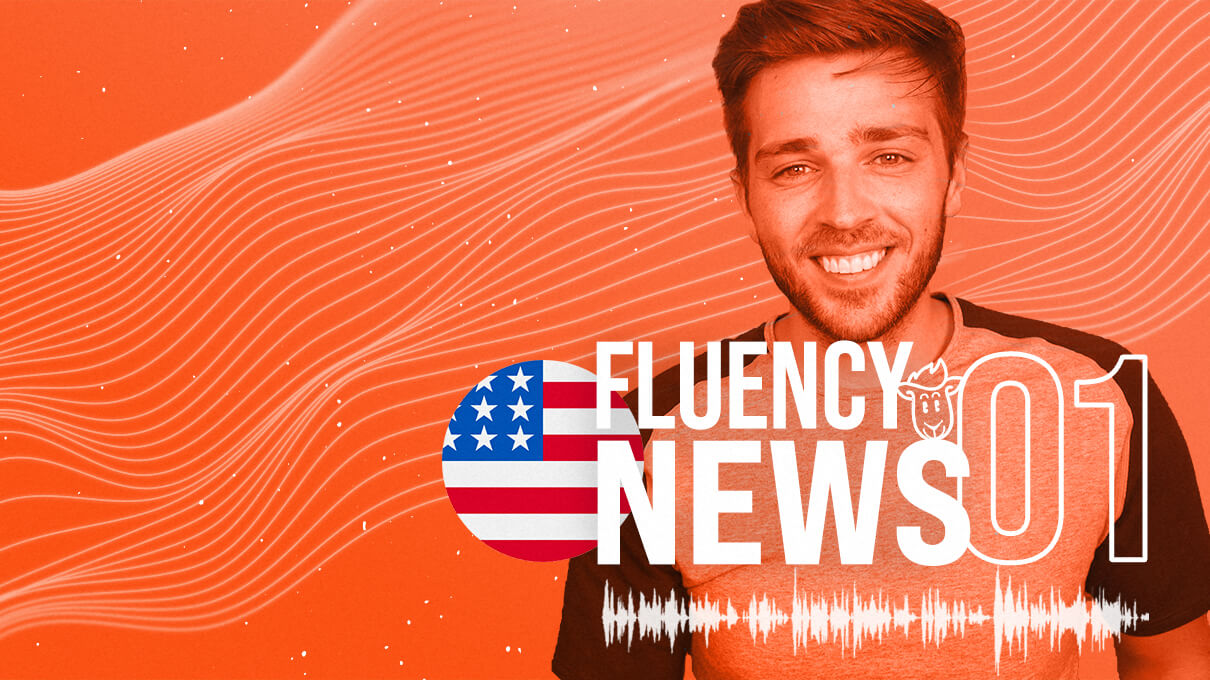
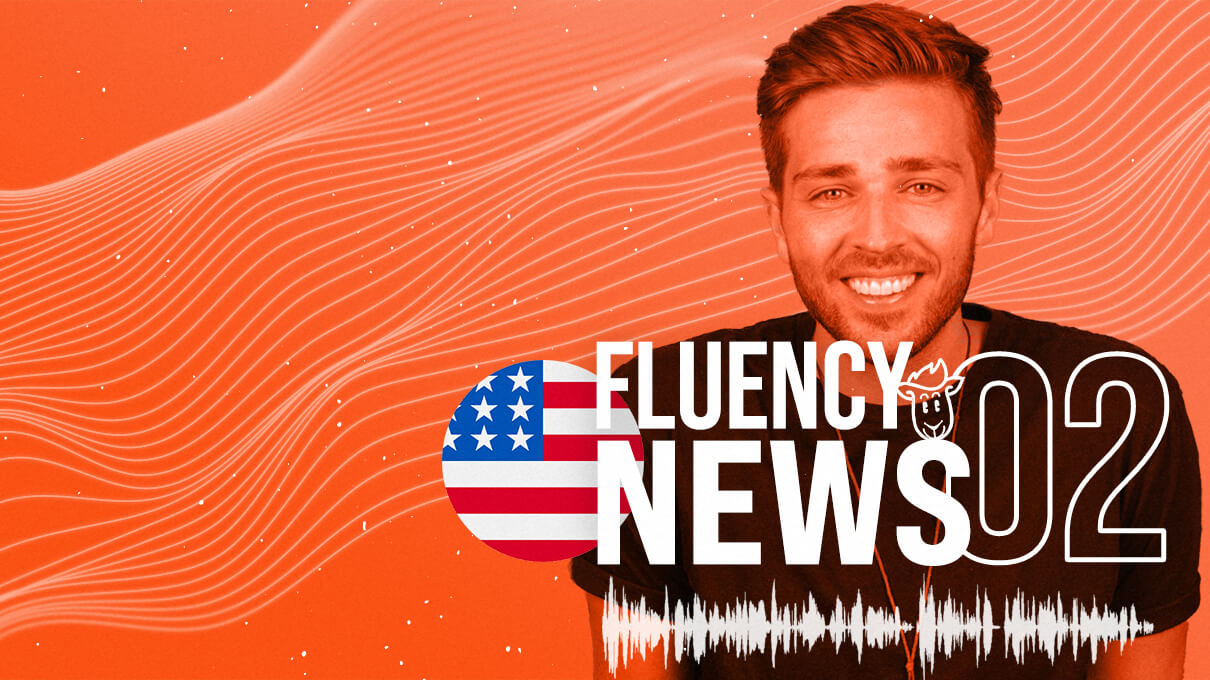
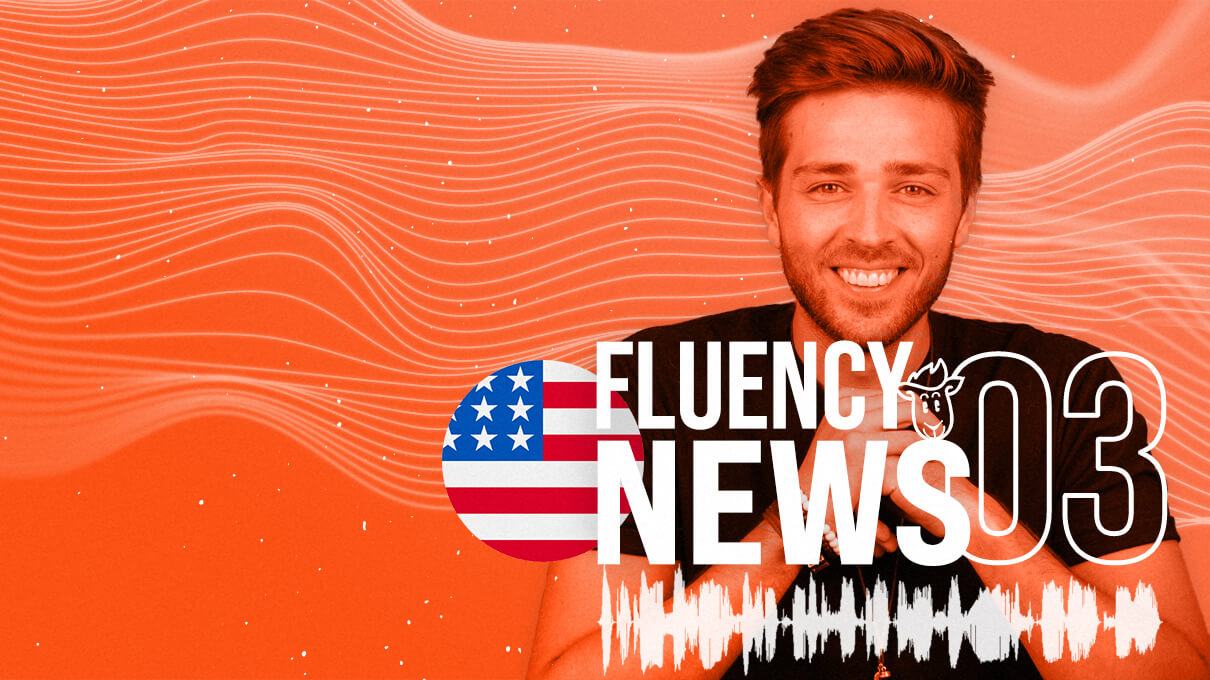
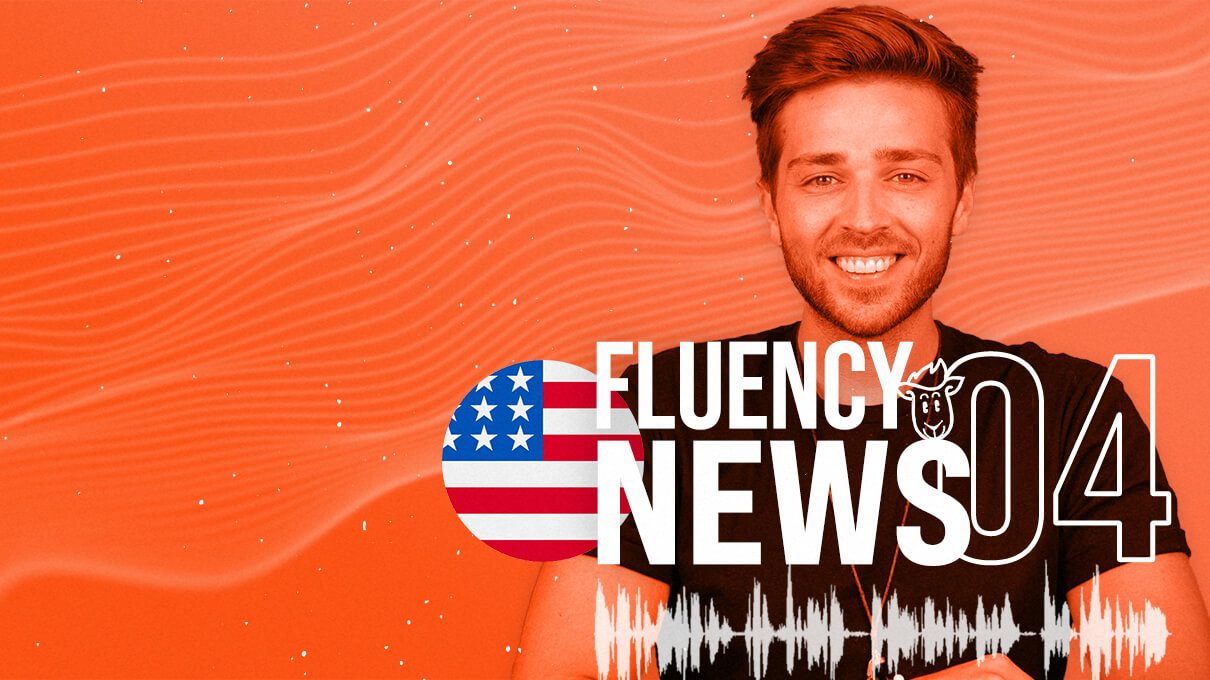




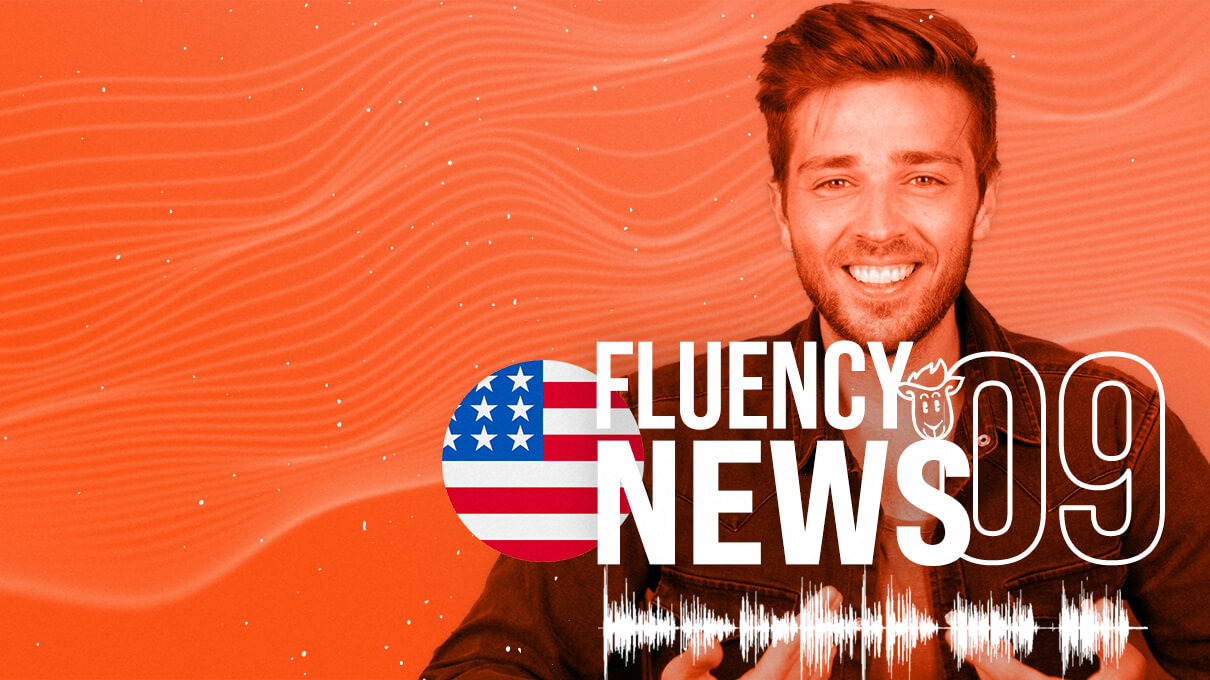
























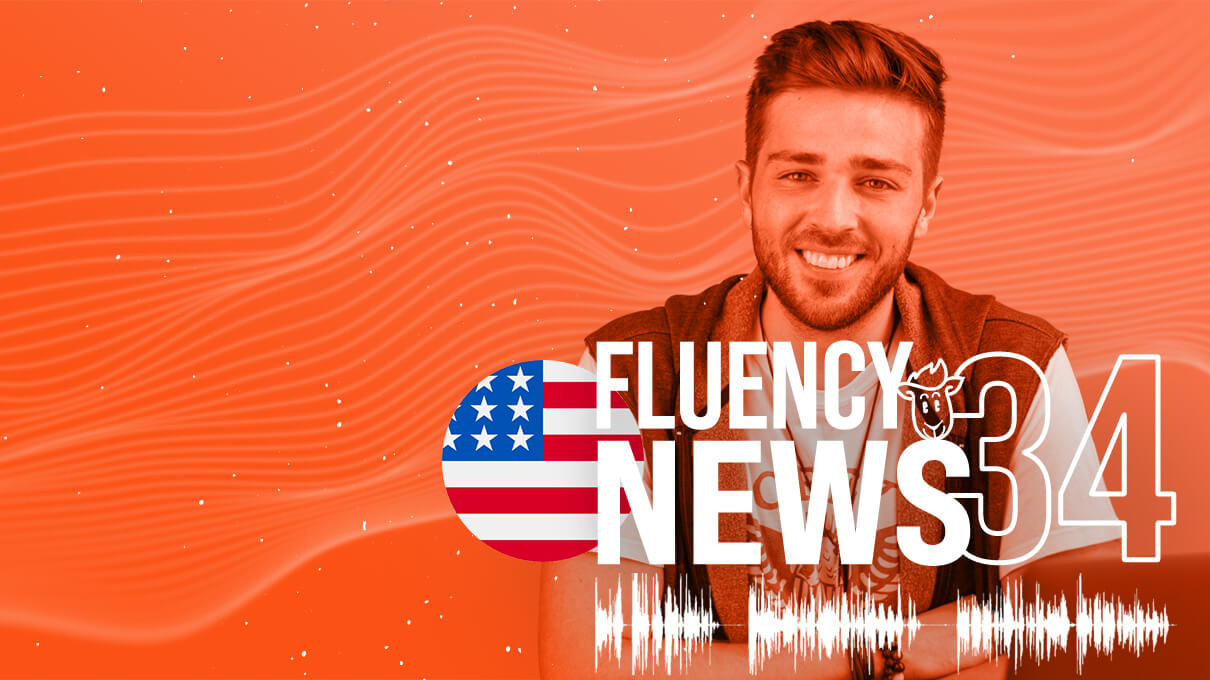




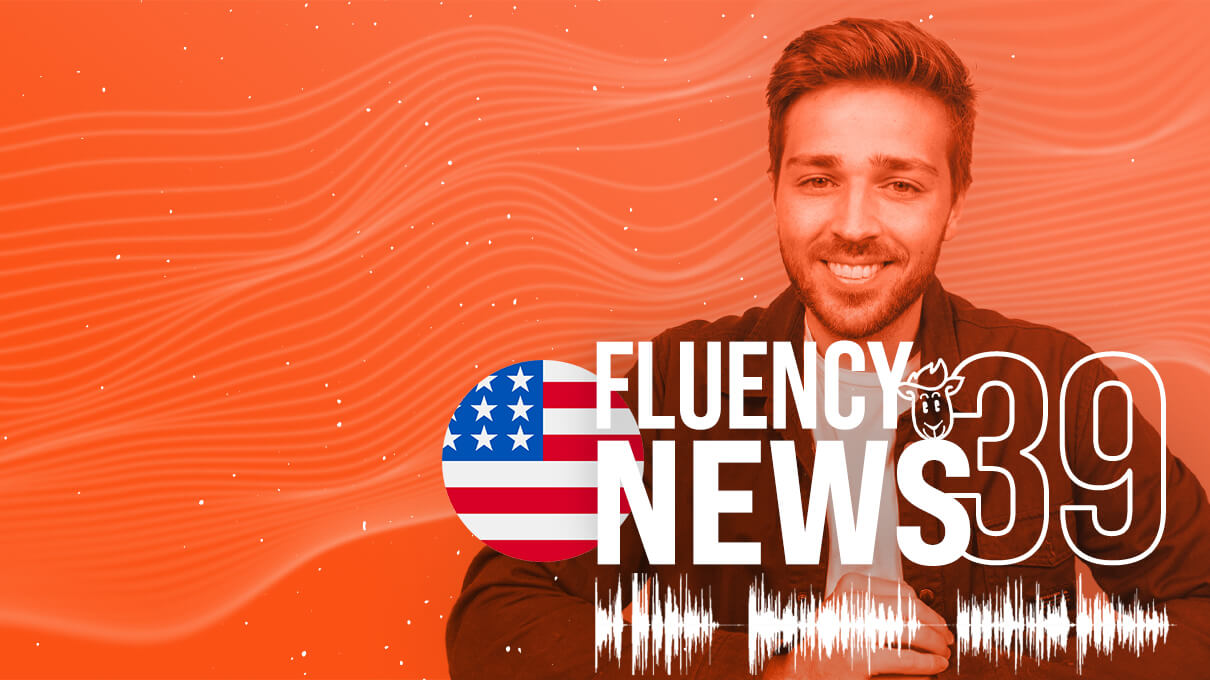






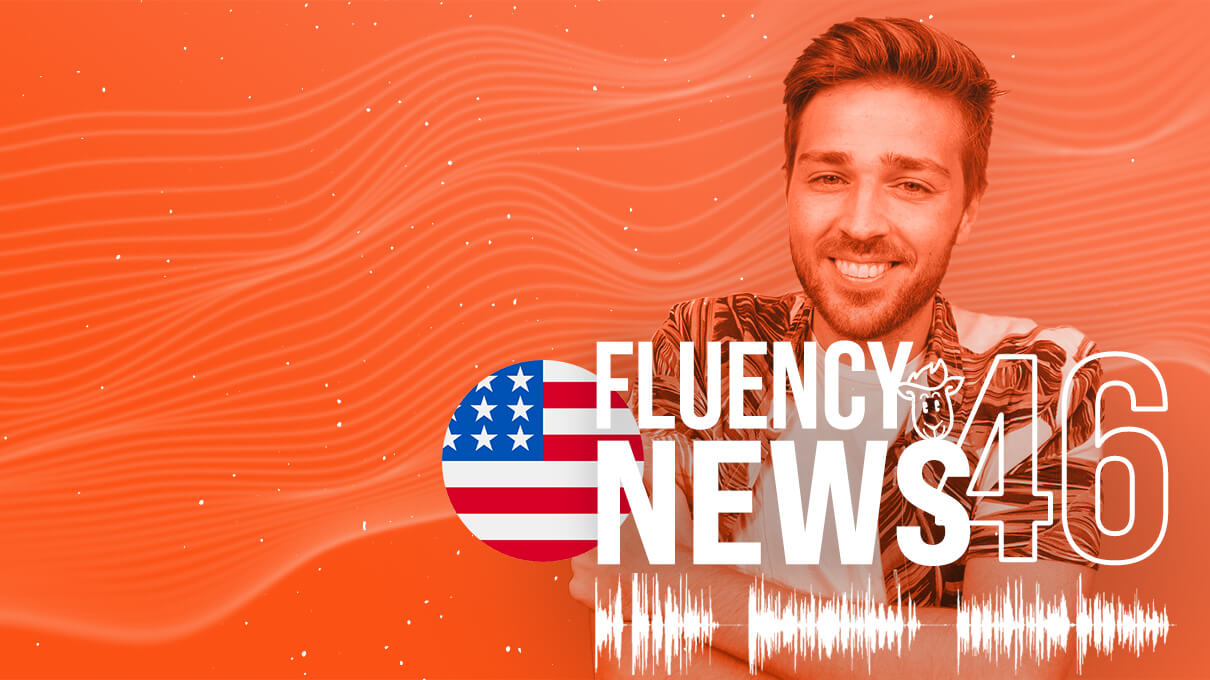




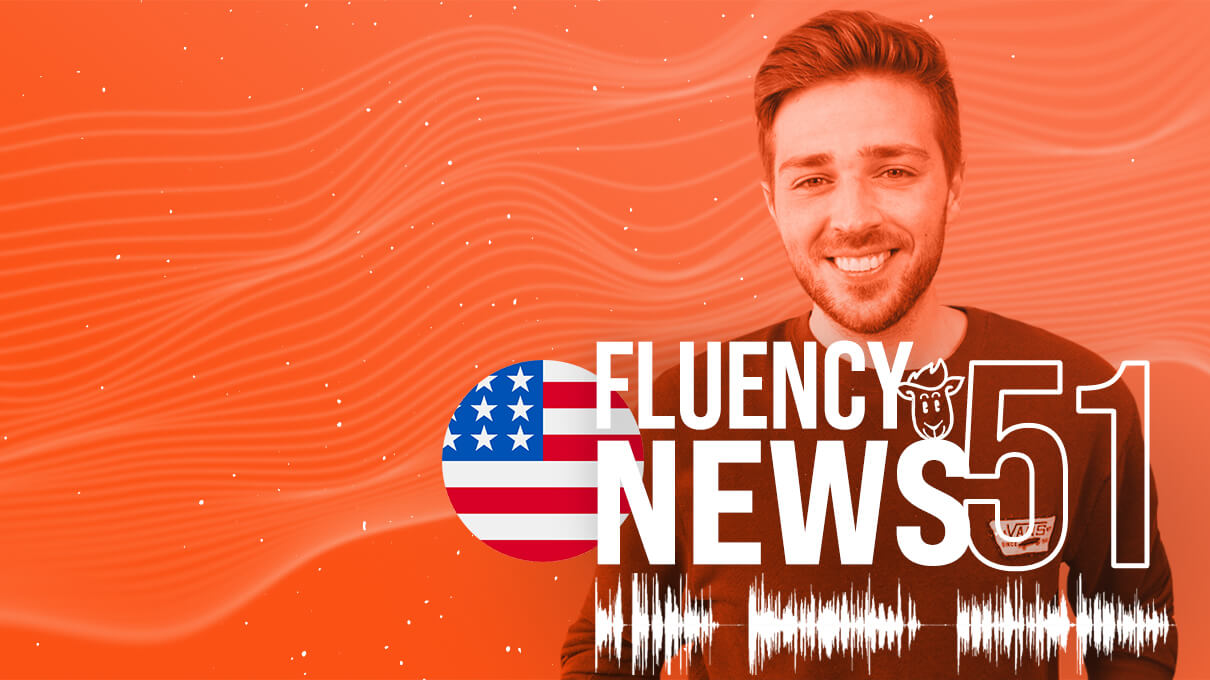



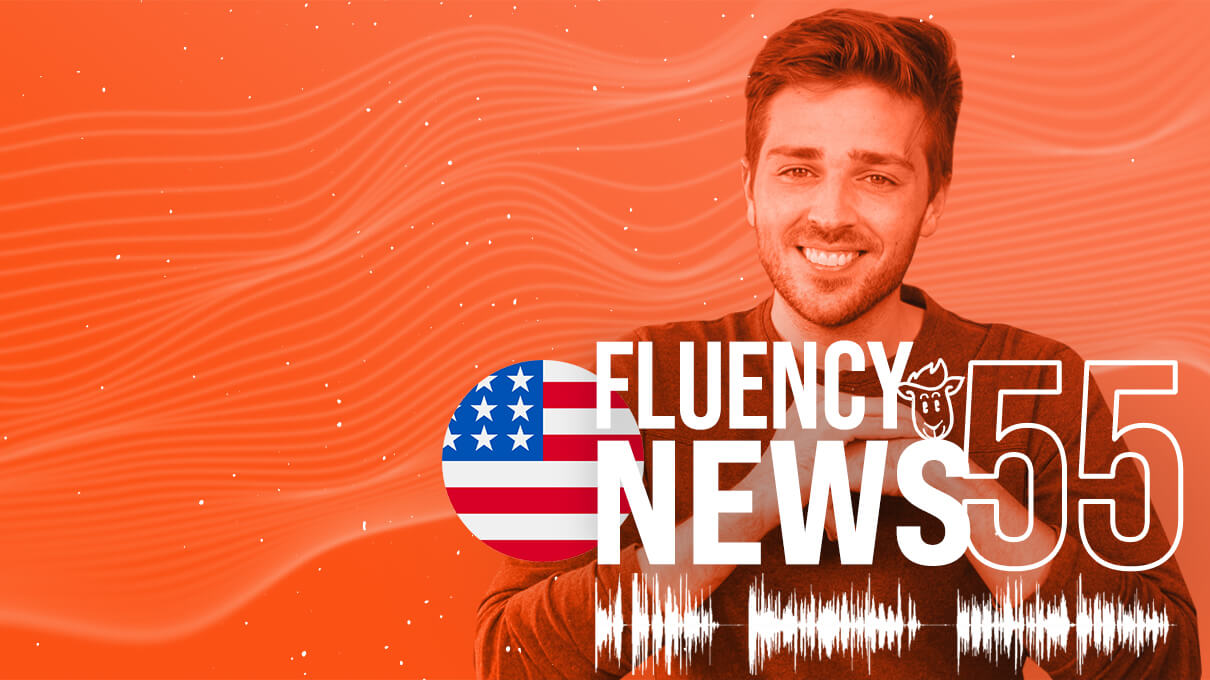





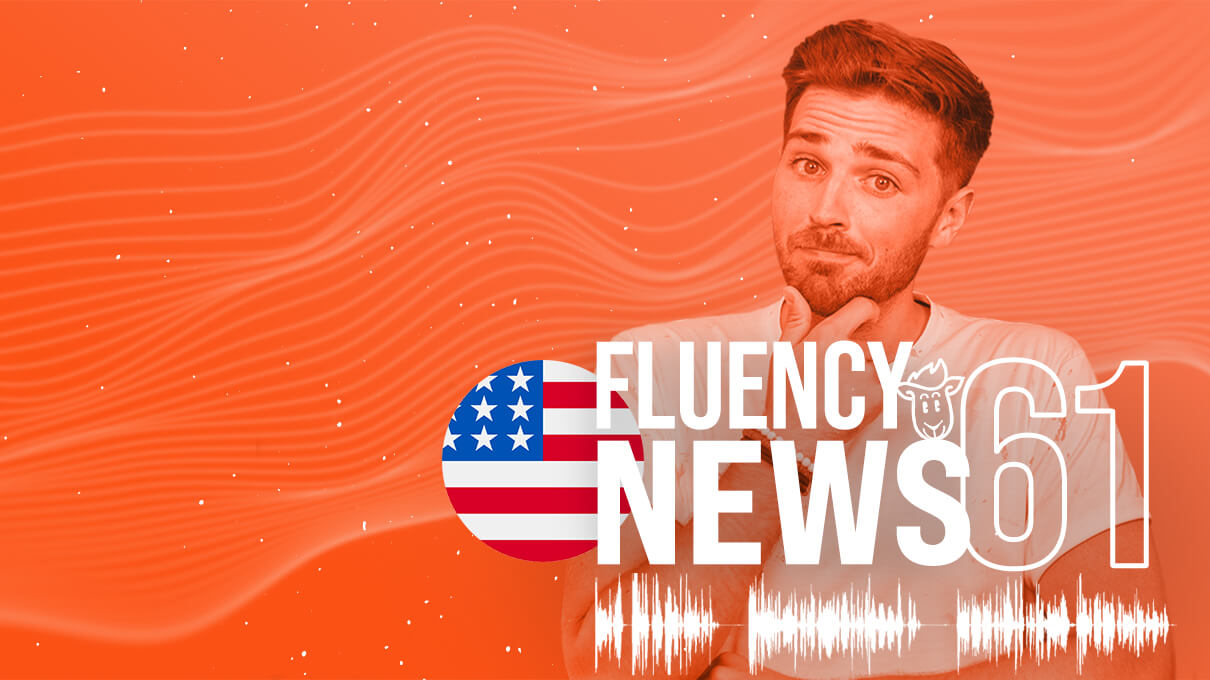










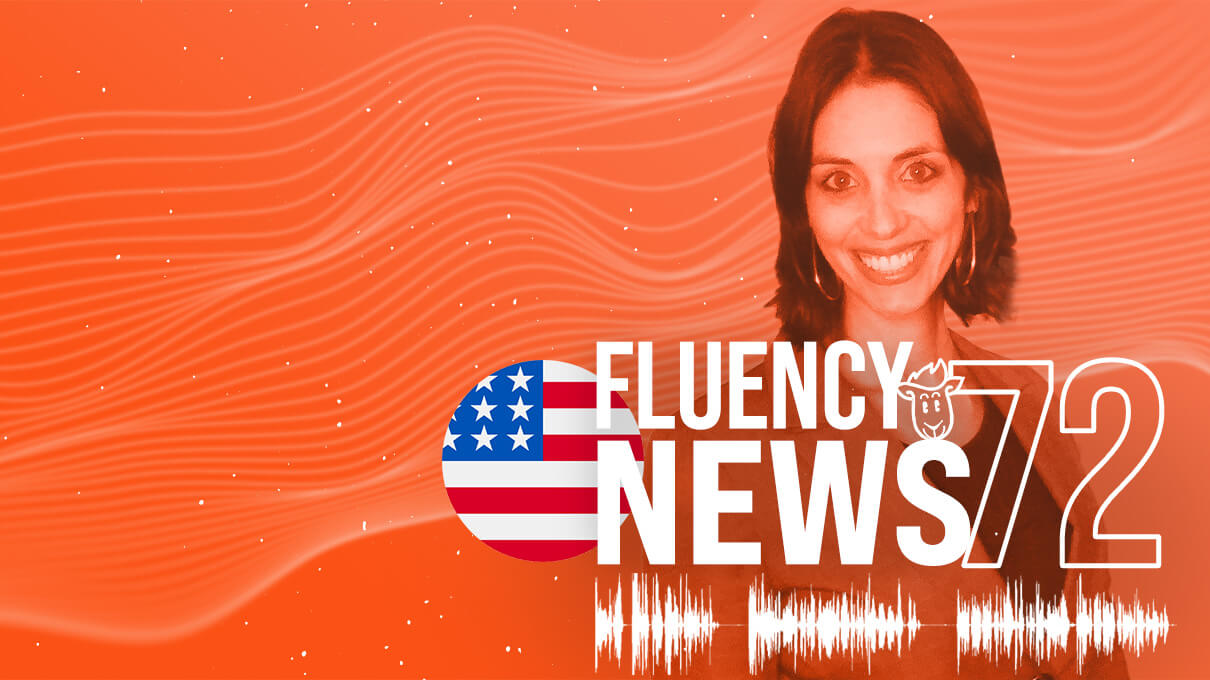



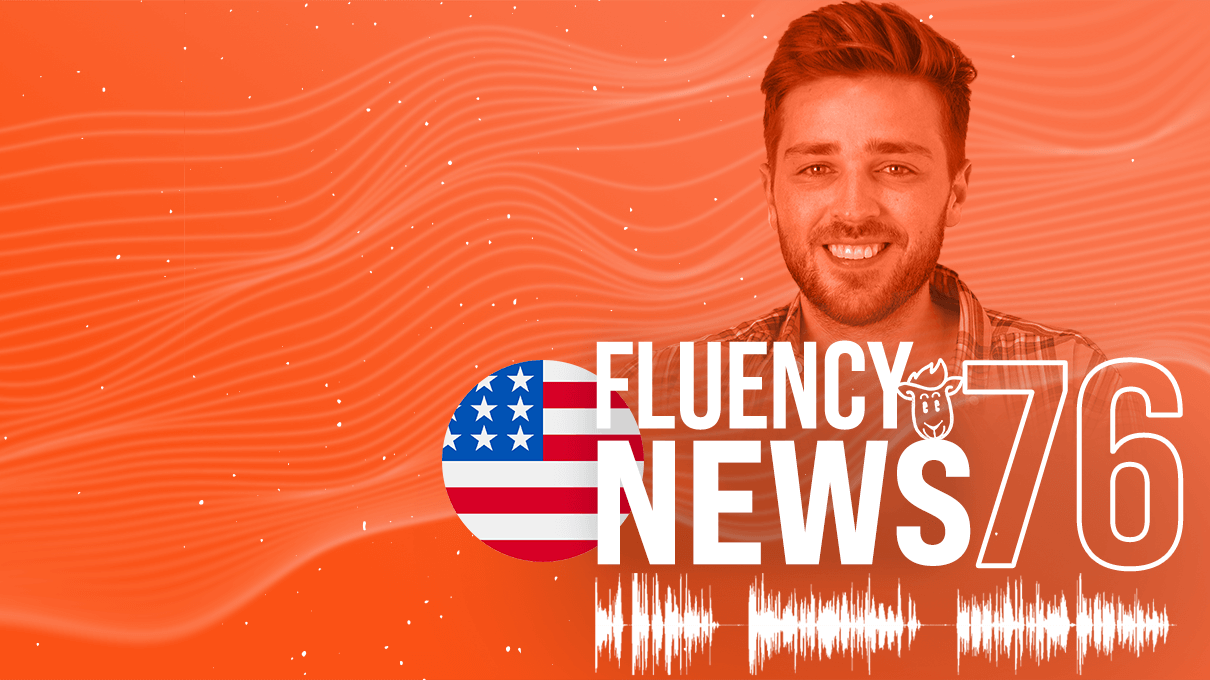
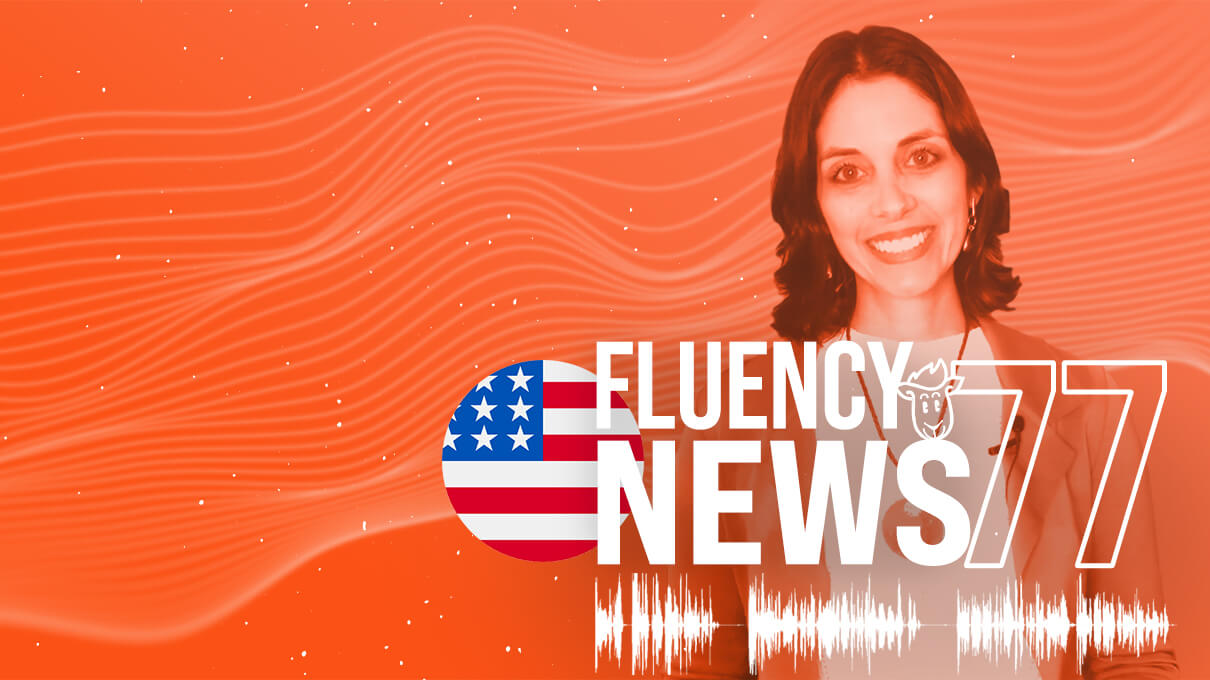


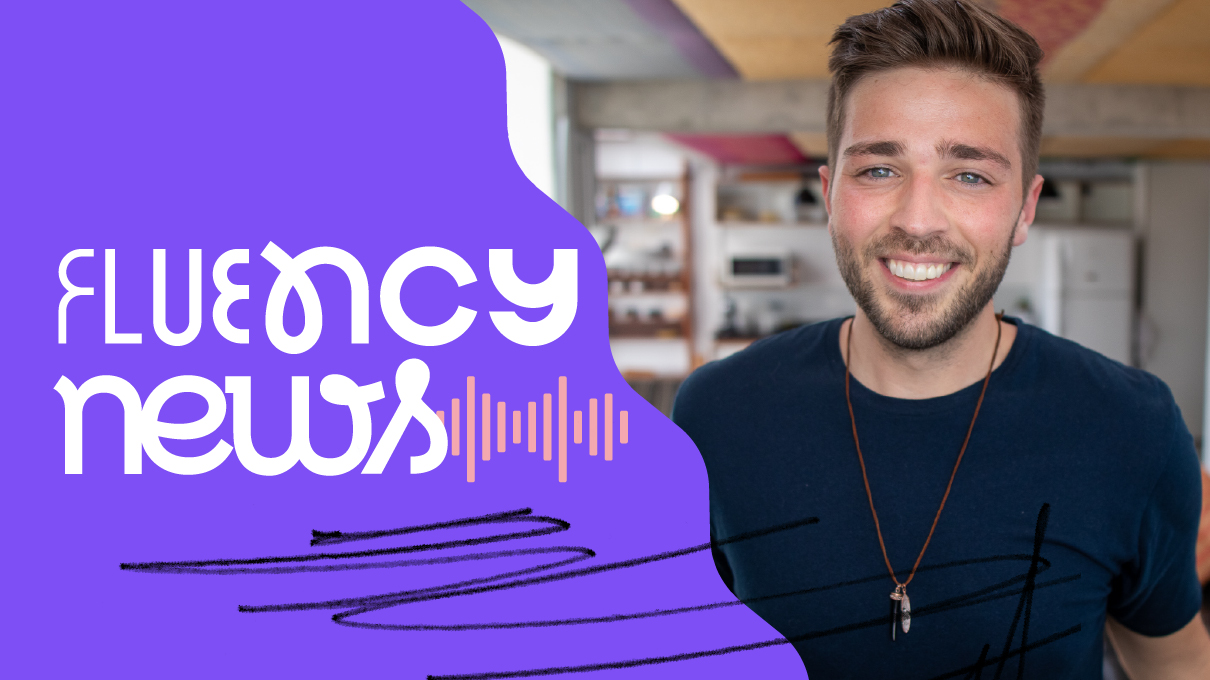
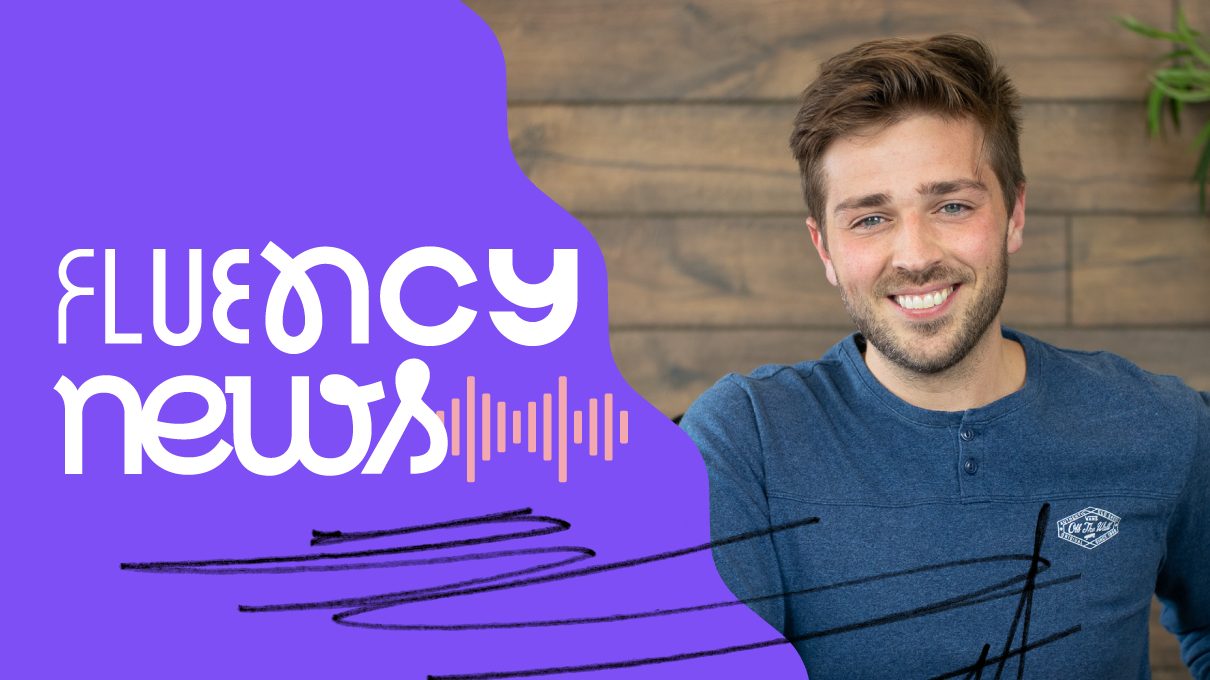
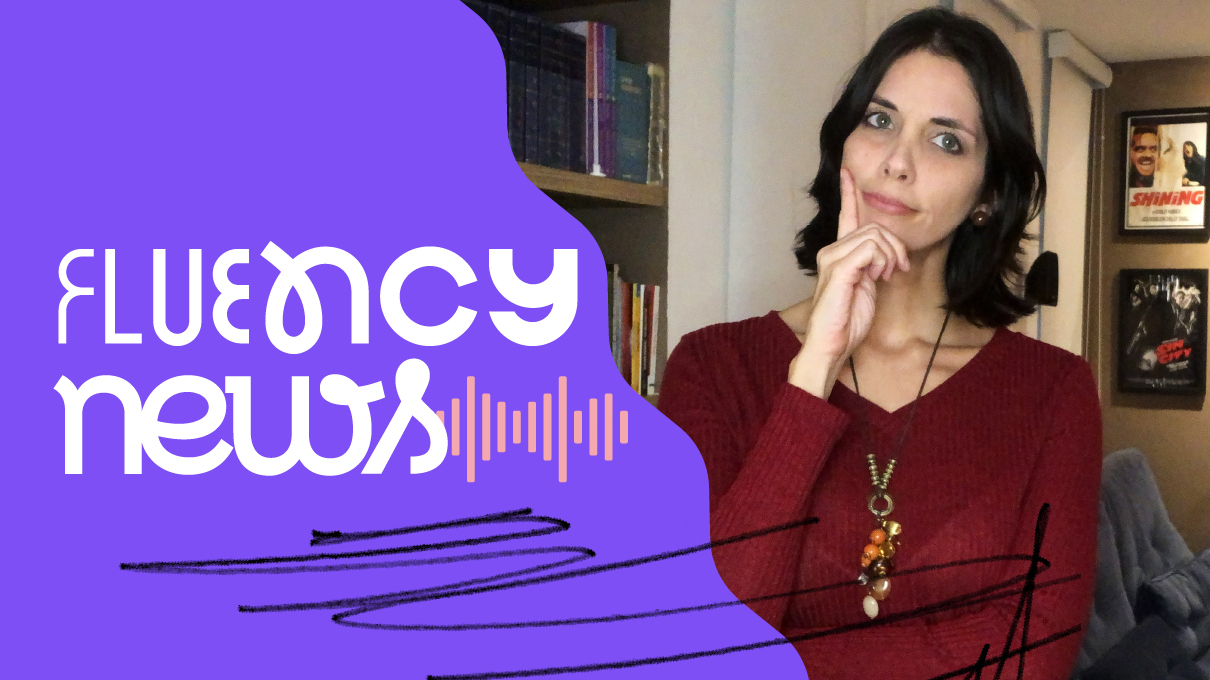

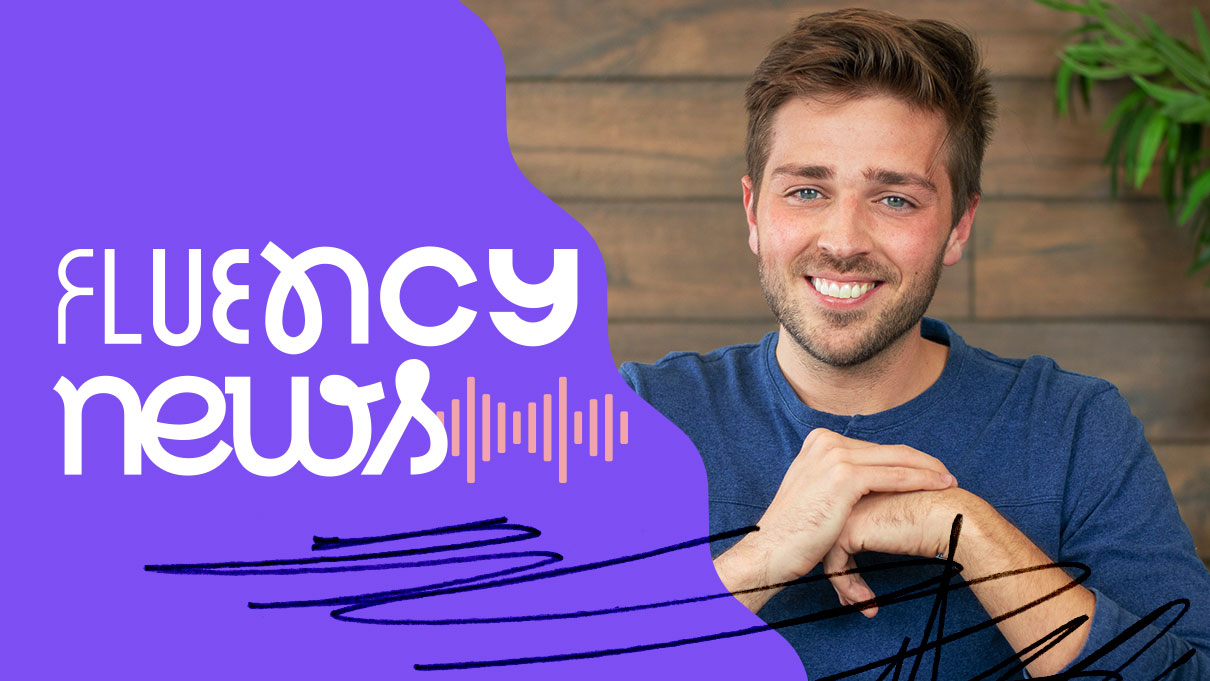
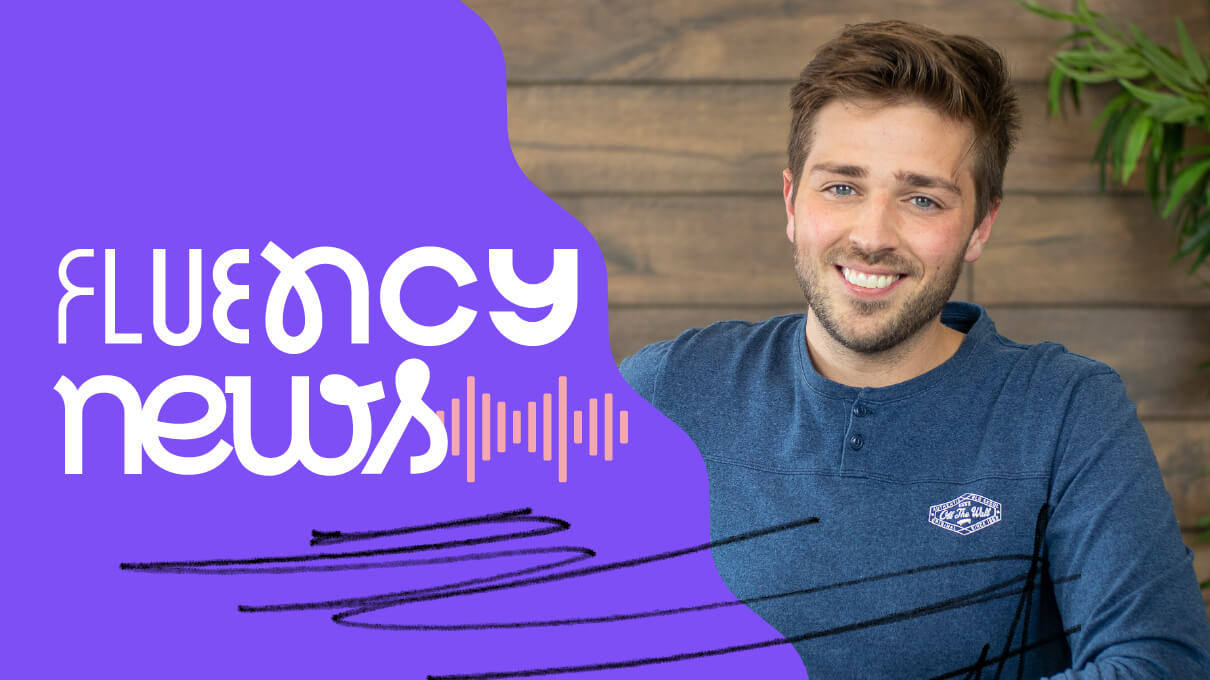


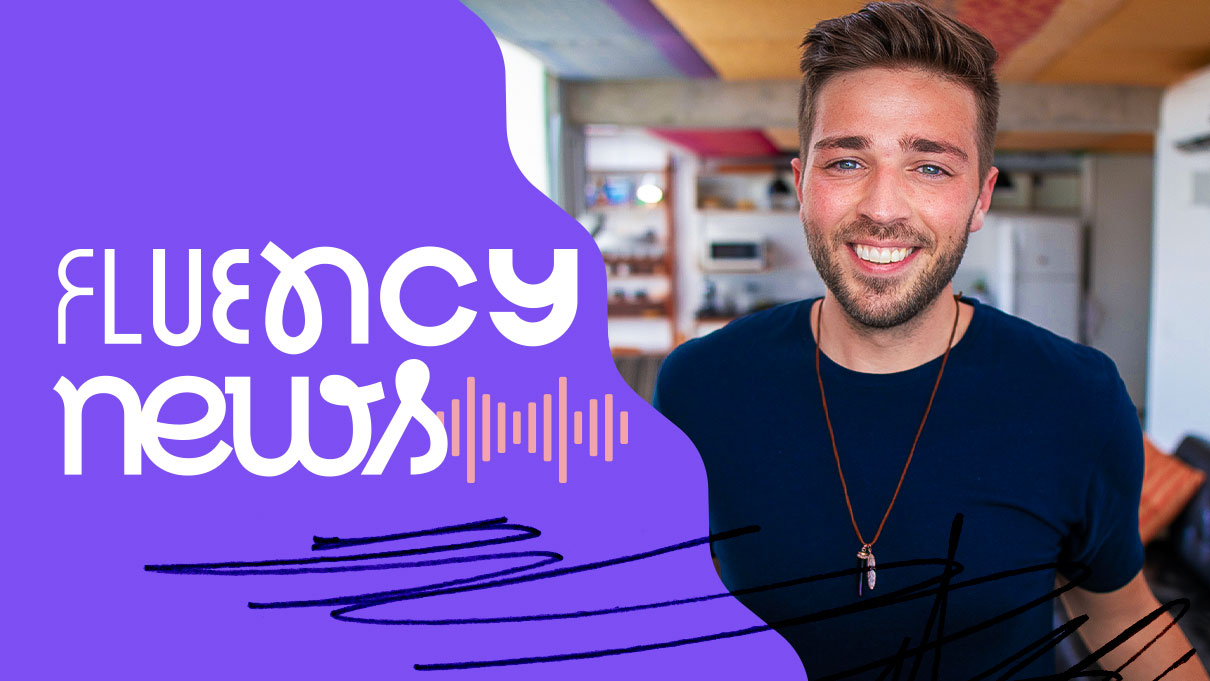




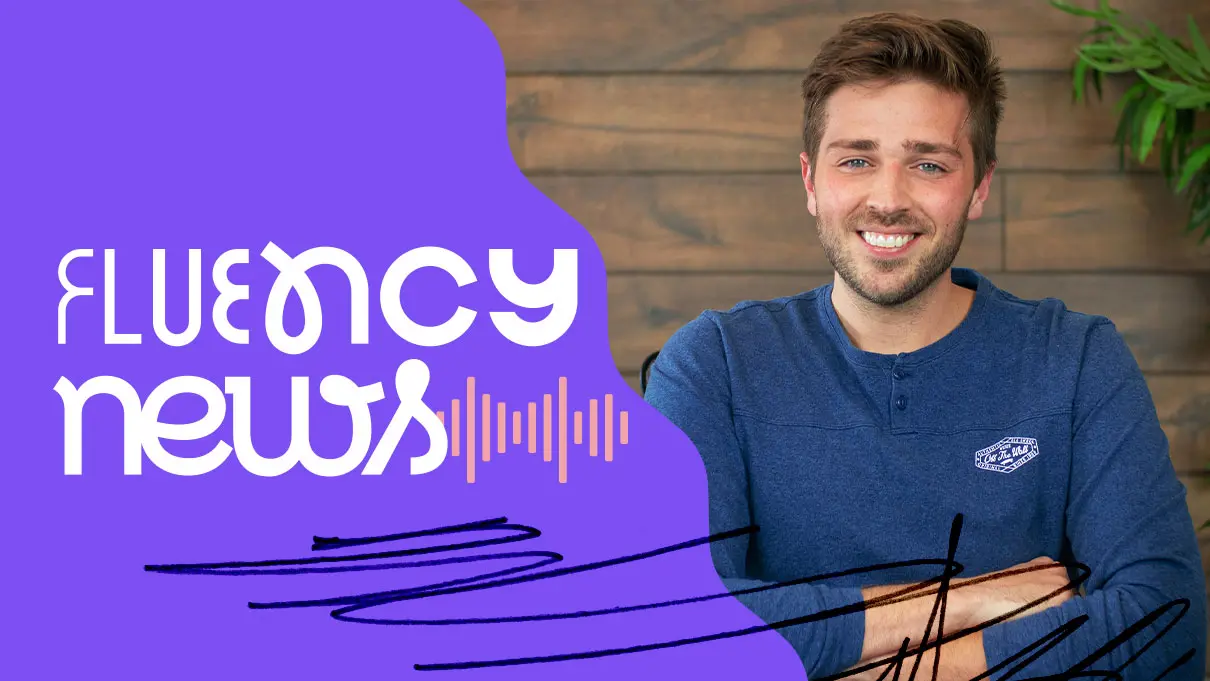





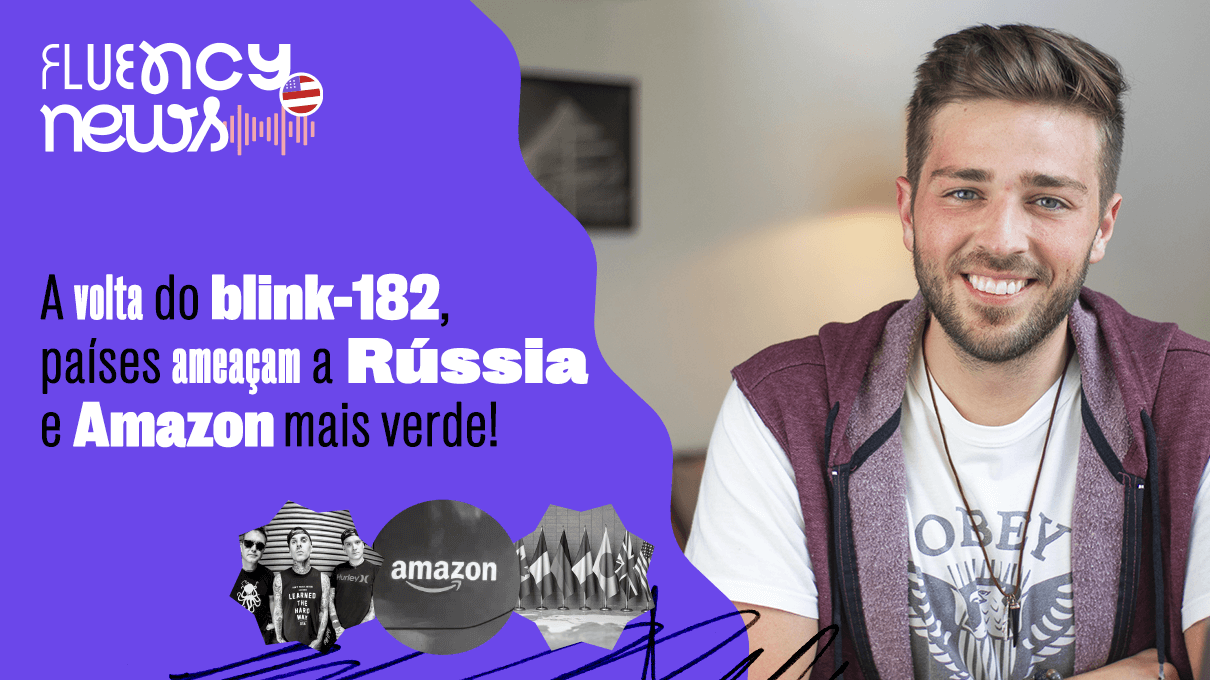
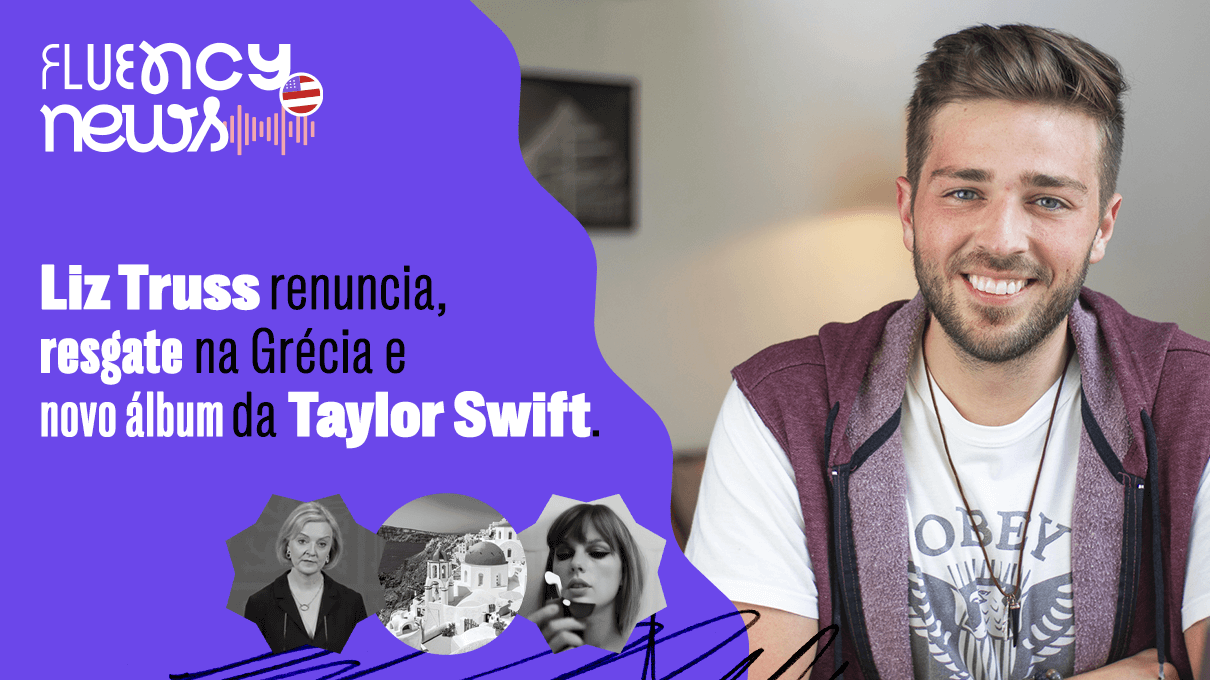
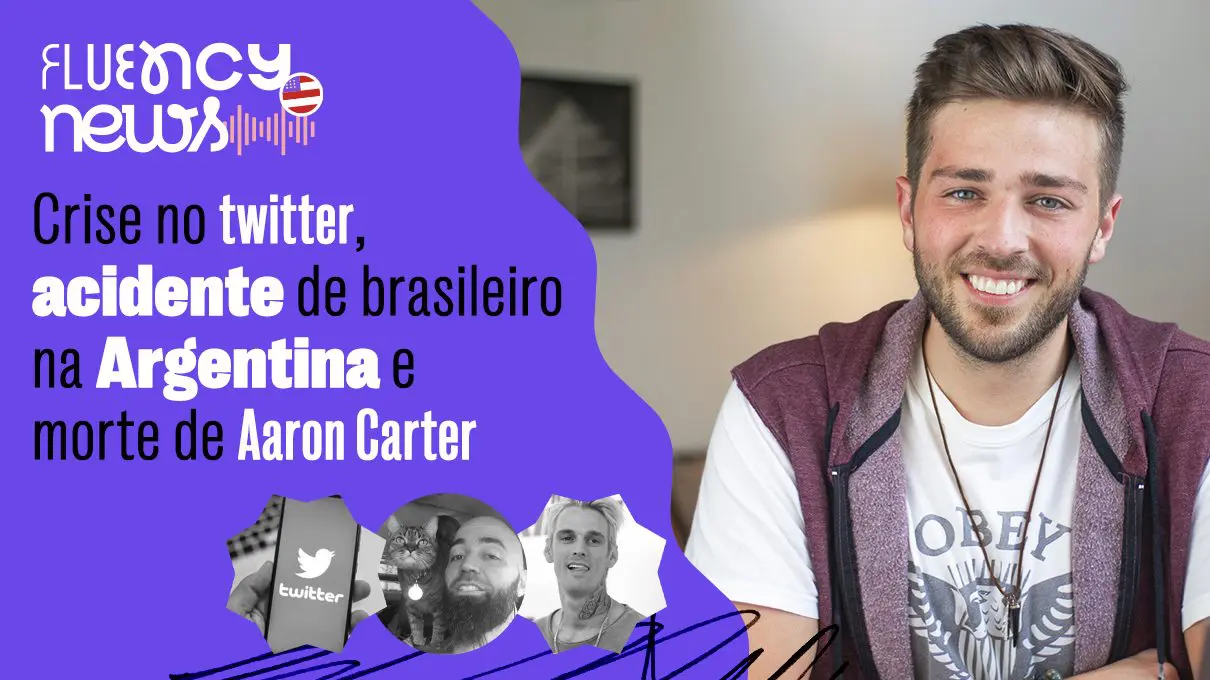
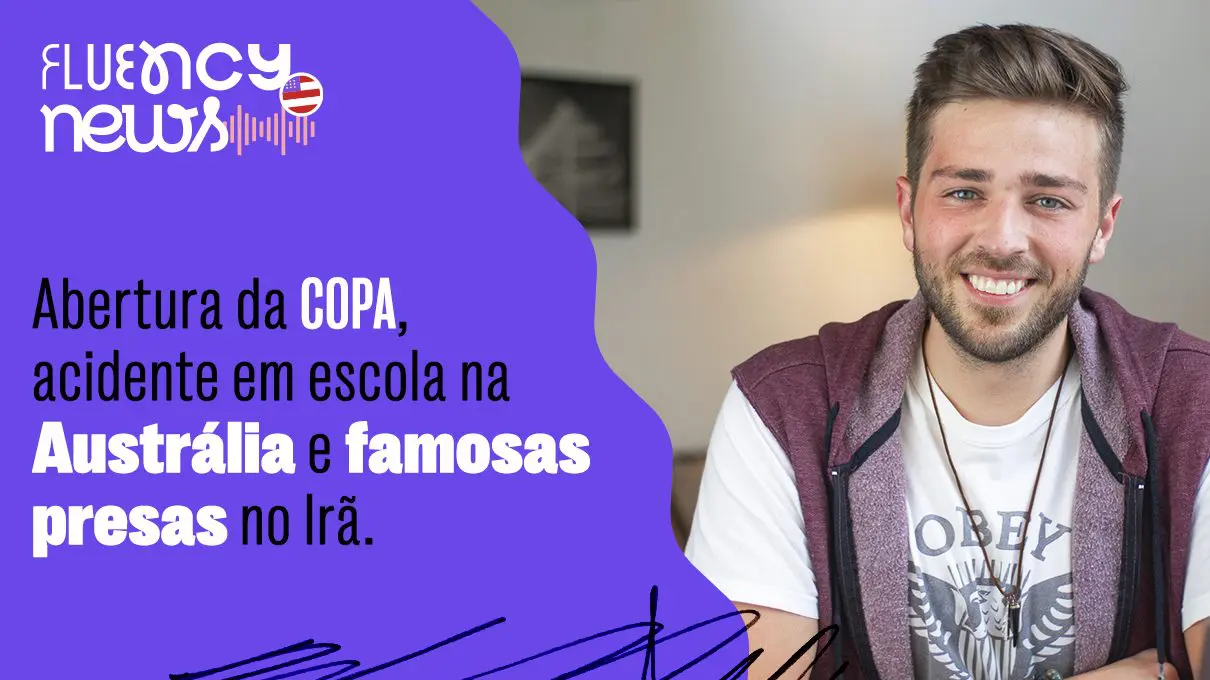

 Curso de Inglês
Curso de Inglês
 Curso de Espanhol
Curso de Espanhol
 Curso de Francês
Curso de Francês
 Curso de Mandarim
Curso de Mandarim
 Curso de Italiano
Curso de Italiano
 Curso de Japonês
Curso de Japonês
 Curso de Alemão
Curso de Alemão
 Curso de Coreano
Curso de Coreano







 Blog
Blog  Podcast
Podcast  Lives
Lives  Aulas
Aulas  eBooks
eBooks  Minicursos
Minicursos














